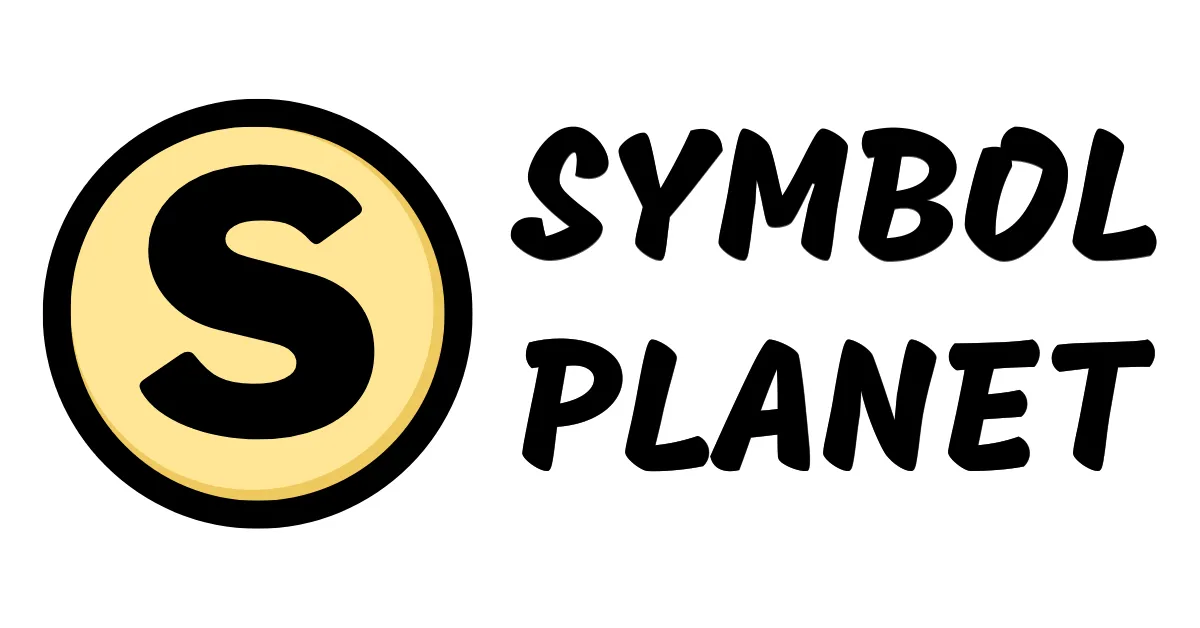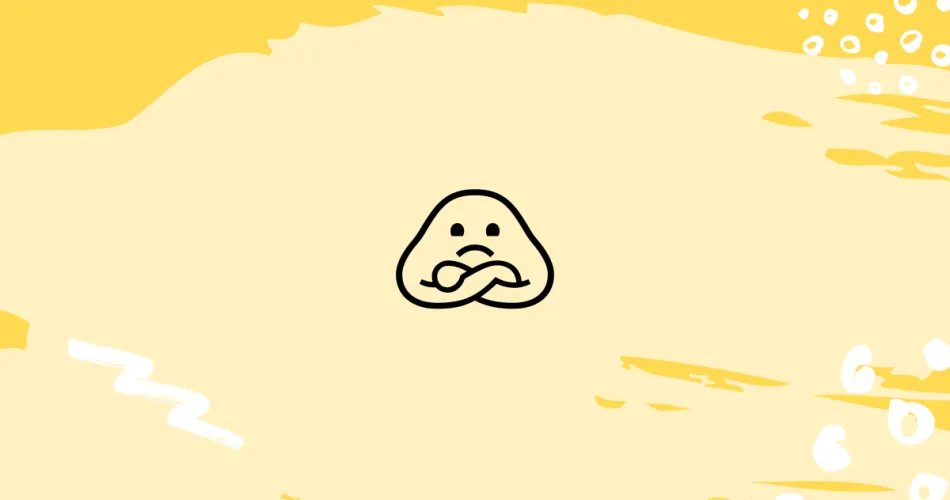Here’s what we’ll cover:
- 🙎 person pouting emoji meaning
- How do you reply to 🙎 person pouting emoji?
- What does 🙎 person pouting emoji mean from a girl?
- What does 🙎 person pouting emoji mean from a guy or boy?
- What does 🙎 person pouting emoji mean on Snapchat?
- What does 🙎 person pouting mean in Texting or Chat?
- What does 🙎 person pouting emoji mean on Instagram?
- What does 🙎 person pouting emoji mean on TikTok?
- What does 🙎 person pouting emoji mean in slang?
- Cultural differences in 🙎 emoji interpretation
- Emoji etiquettes
- Possible combination
- Misinterpretations to avoid
🙎 person pouting emoji meaning
The 🙎 person pouting emoji means that someone is feeling unhappy, disappointed, or sulky. This emoji is a visual representation of a person with a frowning face and raised eyebrows, clearly expressing their discontent. It can convey a variety of sentiments depending on the context and the individual using it.
Meaning 1: Unhappiness or Frustration
This emoji can signify that someone is feeling unhappy or frustrated about a situation. It could imply dissatisfaction with an outcome, disappointment, or even being in a bad mood.
- “I can’t believe I lost the game again! 🙎♀️”
- “I asked for extra cheese on my pizza, but they forgot it! 🙎♂️”
Meaning 2: Playful Sulkiness
Sometimes, this emoji can also be used in a lighthearted or playful manner to depict a pretend pout or a minor disagreement. It may be used humorously to express being slightly annoyed or to tease someone in a friendly way.
- “You ate the last slice of cake? 🙎♀️ I’m going to sulk for a minute!”
- “Why didn’t you invite me to the party? 🙎♂️ Just kidding, but I’m still a bit sad.”
How do you reply to 🙎 person pouting emoji?
When someone sends the 🙎 person pouting emoji, you can reply with empathy and reassurance. You might say, “Don’t worry, everything will be okay,” “I understand how you feel,” or “Let’s find a solution together.”
- “Don’t worry, everything will be okay.”
- “I understand how you feel.”
- “Let’s find a solution together.”
What does 🙎 person pouting emoji mean from a girl?
The 🙎 person pouting emoji from a girl means she’s in a sour mood and wants the world to know it. Picture a girl sulking with crossed arms and a pouty face. This emoji conveys annoyance, frustration, or even mild anger, indicating that something has definitely ticked her off.
- “Ugh, I can’t believe my favorite café closed early today 🙎”
- “Why did my BFF cancel our movie plans without telling me? 🙎”
- “When my crush doesn’t reply to my text for hours 🙎”
So, when you spot this emoji, beware! It’s like a warning sign saying, “Approach with caution or prepare to face the wrath of a pouting girl.” Though she may be upset, a little humor might help lighten the mood. Bring out the ice cream or unleash your best jokes. Who knows, you might just save the day and turn that frown upside down!
What does 🙎 person pouting emoji mean from a guy or boy?
The 🙎 person pouting emoji from a guy or boy means that he’s throwing a mini tantrum and feeling grumpy or sulky in a somewhat exaggerated way. It’s like when a kid gets mad because their ice cream fell on the ground or when your team loses in a video game and you’re being a sore loser. Here are a few real-world examples:
- “Ugh, I can’t believe I have to work on a Friday! 🙎”
- “I just stubbed my toe for the fifth time today. 🙎”
- “My favorite sandwich shop ran out of pickles. 🙎”
So if you see a guy or boy using this emoji, rest assured that he’s just in a temporary sulk and might need a little cheering up or a distraction to turn that pout upside down!
What does 🙎 person pouting emoji mean on Snapchat?
The 🙎 person pouting emoji on Snapchat means that someone is feeling frustrated, upset, or disappointed. It’s like their face is saying, “Ugh, things aren’t going my way!” or “Why did that happen?” This emoji is perfect for those moments when you just want to throw a mini tantrum or show your friends that you’re not happy with what’s going on. So, next time you’re feeling a little pouty, just unleash the power of the pouting emoji!
- “Dang it! I forgot my lunch at home 🙎.”
- “I can’t believe my favorite show got canceled 🙎.”
- “These long lines at the grocery store are driving me crazy 🙎.”
What does 🙎 person pouting mean in Texting or Chat?
The 🙎 person pouting emoji in Texting or Chat means the person is grumpy, upset, or throwing a mini tantrum.
- “Ugh, I can’t believe my favorite show got canceled! 🙎”
- “I just lost my phone and my dog ate my pizza. 🙎”
- “That awkward moment when you realize you’ve been texting your ex instead of your best friend. 🙎”
What does 🙎 person pouting emoji mean on Instagram?
The 🙎 person pouting emoji on Instagram means that someone is feeling frustrated, annoyed, or upset about something. This emoji is often used to express dissatisfaction, disappointment, or even a bit of a sulky attitude. It can be taken as a lighthearted way to show your displeasure or to tease someone playfully. Here are some examples of how it could be used on Instagram:
- “When you realize it’s Monday again… 🙎♂️”
- “My favorite show just got canceled! 🙎♀️”
- “When you drop your ice cream on the ground. 🙎”
What does 🙎 person pouting emoji mean on TikTok?
The 🙎 person pouting emoji on TikTok means that the person is feeling frustrated or annoyed about something and expressing their displeasure. It’s like a virtual way of throwing a little tantrum.
- “When my favorite show got canceled 😡🙎”
- “When someone steals your fries 🍟😤🙎”
- “When you wake up late and realize you missed breakfast 🌅🙁🙎”
What does 🙎 person pouting emoji mean in slang?
The 🙎 person pouting emoji in slang means expressing frustration, dissatisfaction, or sulking.
- “Ugh, I failed my test 🙎. This sucks!”
- “He didn’t invite me to the party 🙎. What’s up with that?”
- “I can’t believe she ate the last slice of pizza 🙎. Not cool!”
- “The concert is sold out 🙎. My weekend plans are ruined!”
- “I wanted to sleep in, but my neighbor’s dog woke me up 🙎. It’s too early for this!”
Cultural differences in 🙎 emoji interpretation
Cultural differences can greatly influence how the 🙎 person pouting emoji is interpreted, leading to hilariously varied meanings across the globe.
- In Japan, the emoji is seen as a symbol of cuteness, like a cute pouty child.
- In Russia, it may be viewed as a sign of anger or frustration, evoking the phrase “don’t mess with me.”
- In France, it could be interpreted as a sulky expression, resembling someone who didn’t get their wine and cheese pairing right.
- In Australia, it might be taken humorously, suggesting someone’s response to a Vegemite shortage.
- In Brazil, it could be associated with a passionate argument during a soccer match that ends with a disappointing result.
Emoji etiquettes
When using the 🙎 person pouting emoji, it is important to remember the following guidelines and best practices: maintain a lighthearted tone, use it sparingly to avoid overuse, and never pout in a serious situation. “I didn’t get any pizza for lunch 🙎” or “My favorite show got canceled 🙎” are examples where this emoji can be appropriately used.
Possible combination
Possible emoji combinations that go with 🙎 person pouting emoji can convey different emotions like frustration, sadness, or sassiness. For example:
- 🙎♀️📱 – “When your phone dies in the middle of an important text.”
- 🙎♂️💼 – “When you find out it’s Monday and you forgot to set your alarm.”
- 🙎♀️🍕 – “When the delivery guy forgets your extra cheese topping.”
Misinterpretations to avoid
Misinterpreting the 🙎 person pouting emoji as actual pouting can lead to awkward situations, like assuming someone is upset when they’re actually just focused on a difficult task.
- “I thought my friend was mad at me, but it turned out he was just trying to figure out a complicated math problem. Talk about a sigh of relief!”
- “My coworker sent me the pouting emoji in a group chat, and I immediately thought I messed up. Turns out, they were just annoyed about having to work on a Friday. Can’t blame them!”

